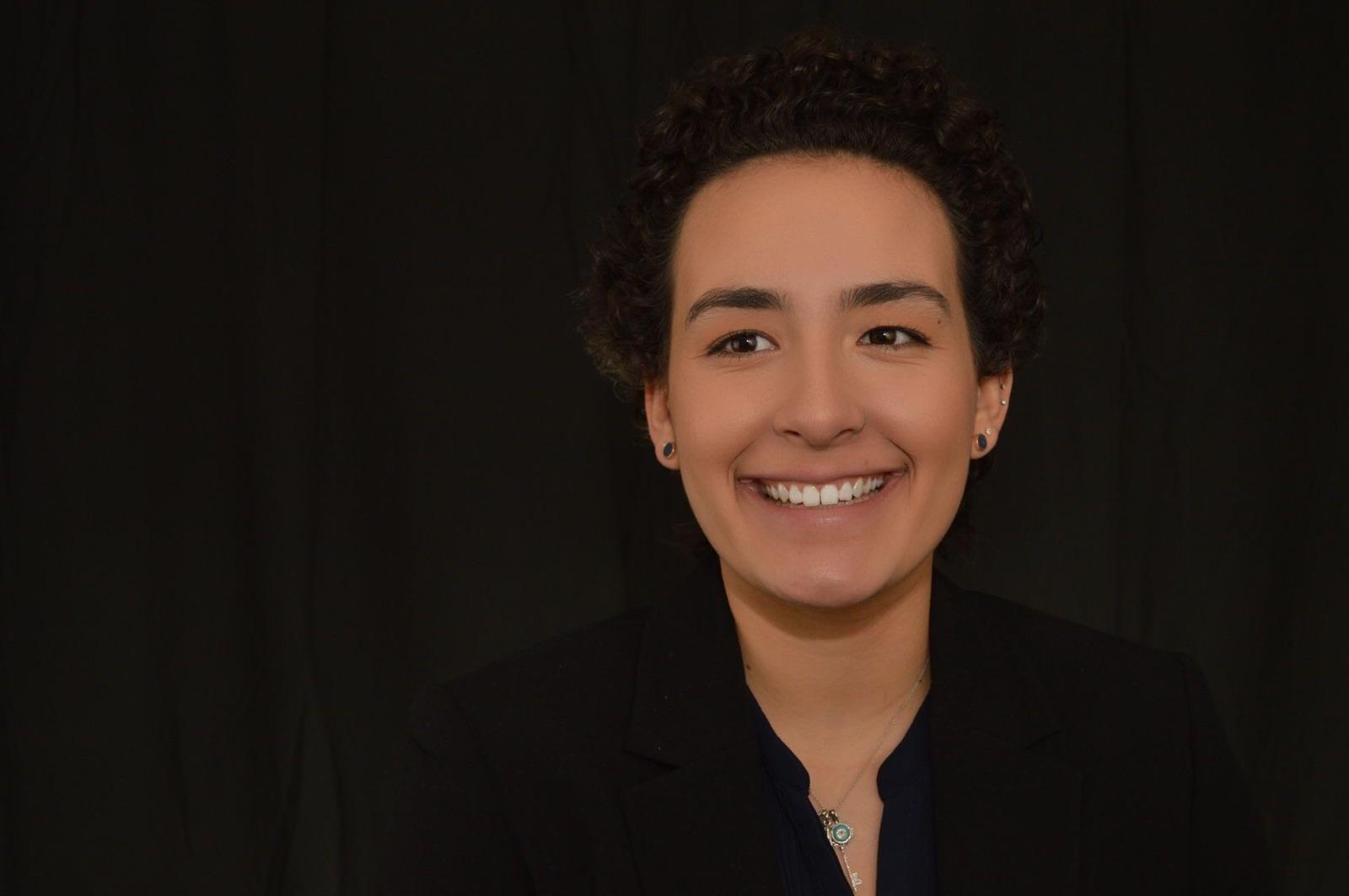The Time of the Butterflies Comes to Life
By Elizabeth Gannon
The film In the Time of the Butterflies, based on Julia Alvarez’s novel of the same name, tells the true story of three sisters who gave the ultimate sacrifice to take down a genocidal dictator in the Dominican Republic. It is a story of family, courage, and people who loved their country so much that they would give up everything to save it. Unfortunately, it is a story that many people have never heard of, unless it was one of the DVDs that they were forced to watch in 10th grade Spanish class. One Marist junior, Nicole Doyle, wanted to change that.
On November 12, 2017, Nicole held a viewing and discussion of the film in the Weiss Language Center in the library.
Doyle believes one of the reasons that In the Time of the Butterflies is important is that it challenges Americans’ stereotypical views of the Dominican Republic. “People have this misconception that other countries are dark places, nothing but jungles and deserts,” she said. The film, shot in Mexico but replicating actual locations in the Dominican Republic, shows a setting filled with palaces, cities, and large farms. The Mirabals themselves grew up on a good-sized estate in Salcedo, where their father was a prosperous farmer. There are rich and poor people in the Dominican Republic, Doyle said, but then again, there are rich and poor people everywhere.
“All of the films I’ve seen about Spanish-speaking countries focus on war and violence,” Doyle said. While In the Time of the Butterflies also portrays revolution, she feels that the emotional core of the movie is Minerva’s family and their love, love for each other and love for their country. The Mirabals hated the oppressive regime of the Dominican Republic, but they loved their homeland and were willing to sacrifice everything to make it a better place.
November 25, the day on which the three Mirabal sisters were assassinated by Trujillo’s regime in 1960, is commemorated internationally as the Day for the Elimination of Violence Against Women. Doyle says that this was another inspiration for her film event. In the current political climate and in the face of growing visibility of sexual assault in our culture, she finds the movie to be especially apropos. “This happens every day,” she said. “We need to talk about it, and it needs to stop.” It was not acceptable when it happened to the Mirabals fifty years ago, Doyle said, and it is not acceptable now.
In the film, there is a scene where Minerva is invited to sit at a special table at a party thrown by Trujillo where, unbeknownst to her, he plans to use his unquestioned power to take advantage of her. When she slaps him for groping her on the dance floor, he retaliates by detaining and torturing her father, setting off a chain of events that leads to the Mirabal sisters’ deaths and the overthrow of his regime. Although the scene focuses on Trujillo’s obsession with Minerva, it fails to show what happened in reality. Many women were at the table with Minerva, the unfortunate subjects of the dictator’s grotesque lust. One of them was Doyle’s great-great aunt.
Nicole Doyle. Photo courtesy of Nicole Doyle.
She was one of the richest women in the Dominican Republic, Doyle says, and she was invited to that party because she had caught Trujillo’s eye. He asked her to dance with him, and even wanted to marry her. In those days, many women vanished forever when Trujillo wanted them, and Doyle’s aunt knew that having his attention was extremely dangerous. By the next day, she had fled to New York, and was able to start her own life. Doyle says that she was very lucky, for Trujillo had spies and assassins who hunted down those who had left the country, and they never found her aunt. “It could have been my family that he destroyed instead of the Mirabals,” she said.
Doyle says that she was greatly influenced by the women in her life. She was raised in Queens, New York by her mother, her aunt, her madrina, or godmother, and her aforementioned great-great aunt known as Mami. Her upbringing led her to have much pride in her culture, as well as a great awareness of the power of women and sisterhood.
When asked what she hoped people gained from the viewing and discussion, Doyle said that she wishes that the event helped people to understand how important a knowledge of culture and history are, especially when it comes to learning languages. She says that it is not enough to simply learn a language; people must also understand the cultural context of that language.
The legacy of the Mirabals and Trujillo still greatly affects the Dominican Republic, and it is important to know the country’s history and be culturally competent, Doyle remarked.
Doyle believes that it is important for language learners to speak with native speakers and ask respectful questions about culture, and to keep learning. Even learning about something as simple as food can go a long way. “Don’t stay ignorant,” she said.
Doyle also wishes to thank the Weiss Language Center for everything they do. “They do a lot of amazing things,” she said, “and I didn’t even know about it until sophomore year.”
The Weiss Language Center is open Sundays from 3-7 pm and Monday-Thursday from 5-9 pm. It features many engaging events and presentations and has language coaches that can help students with their language acquisition skills in Spanish, Italian, French and German.
